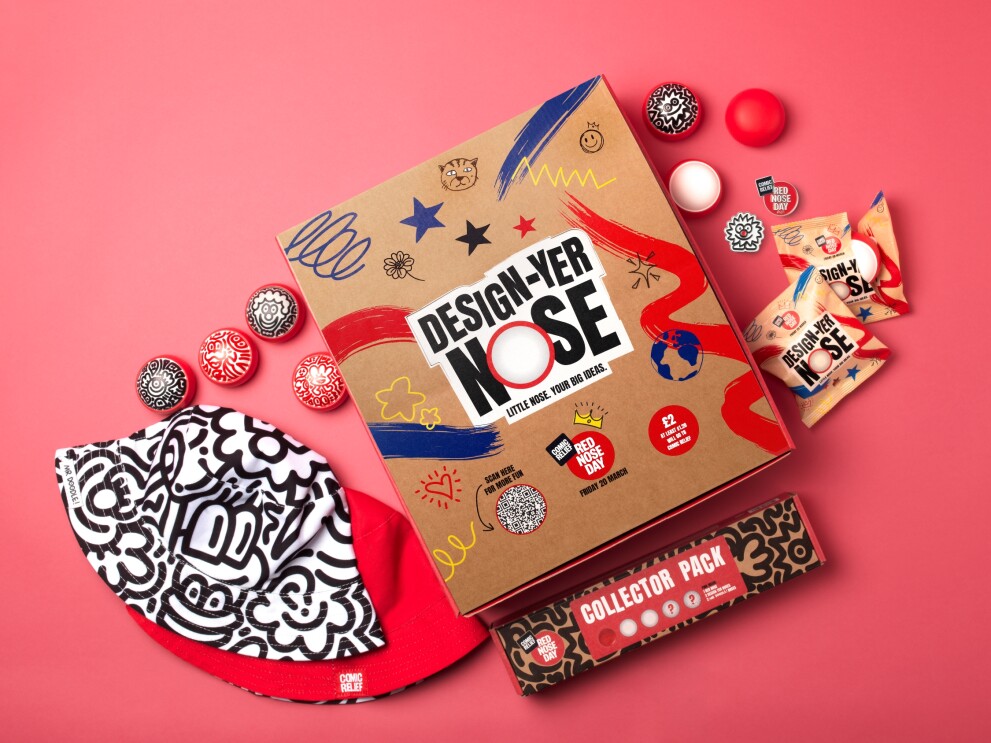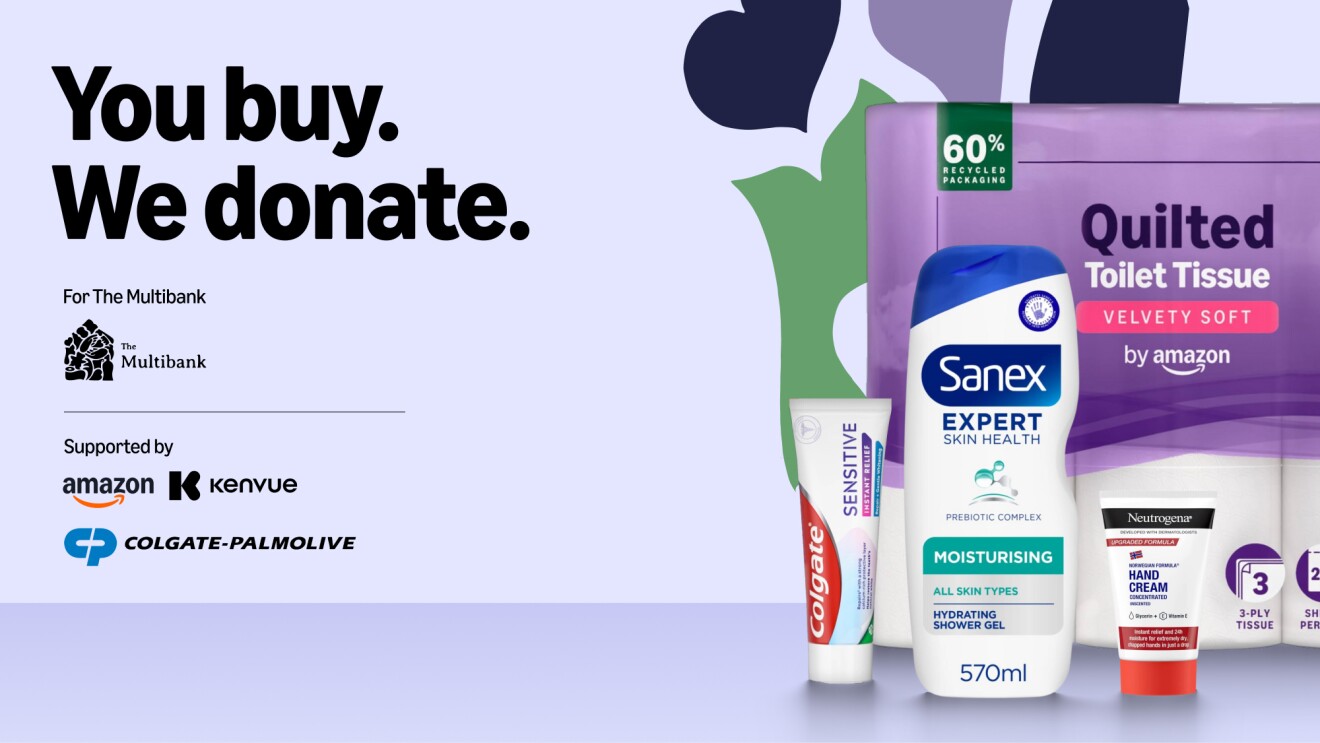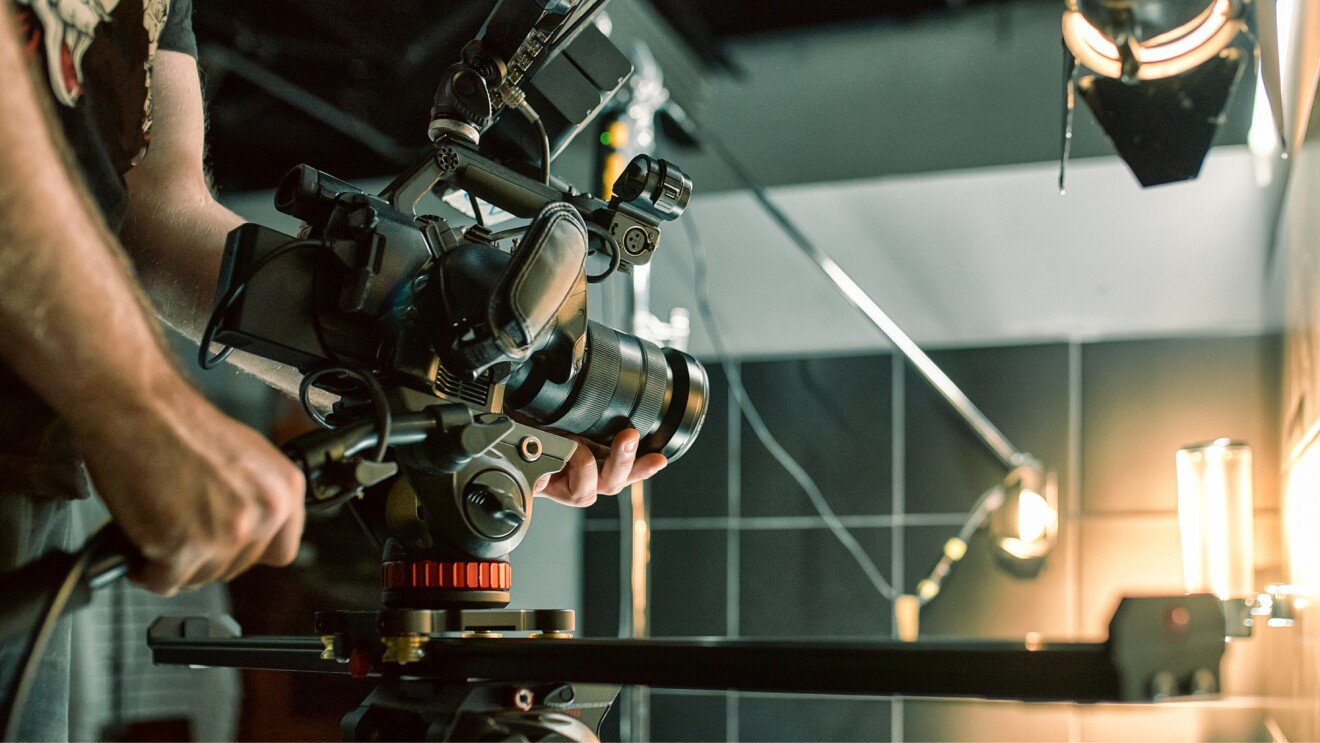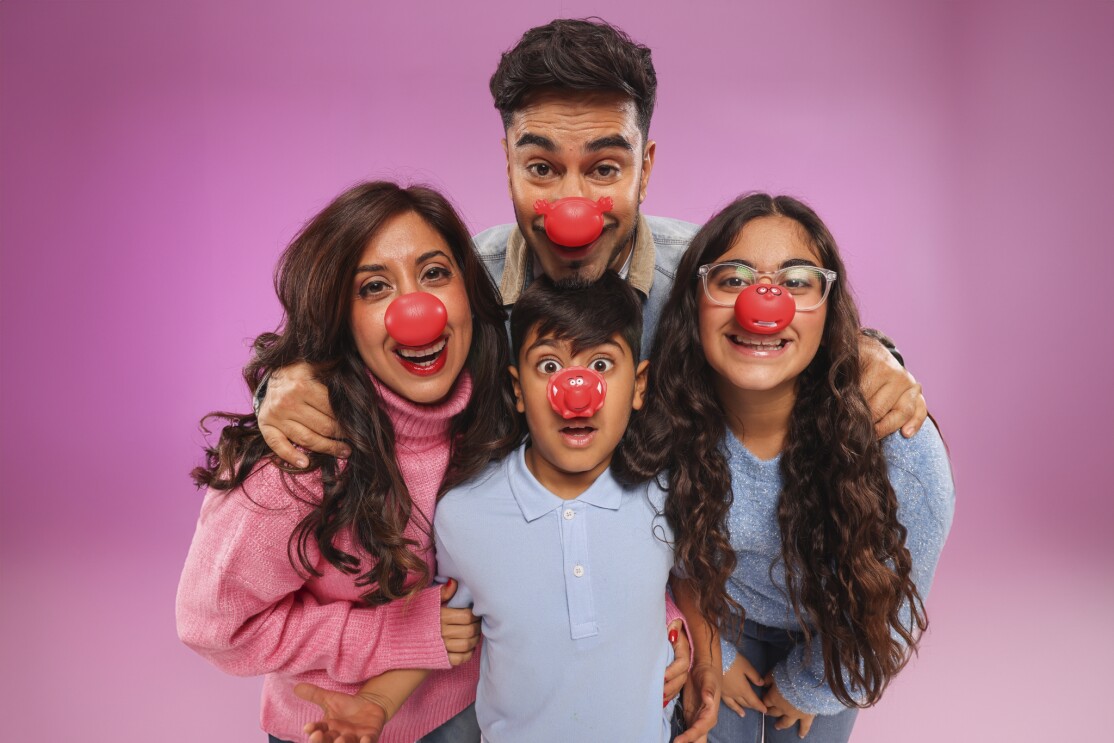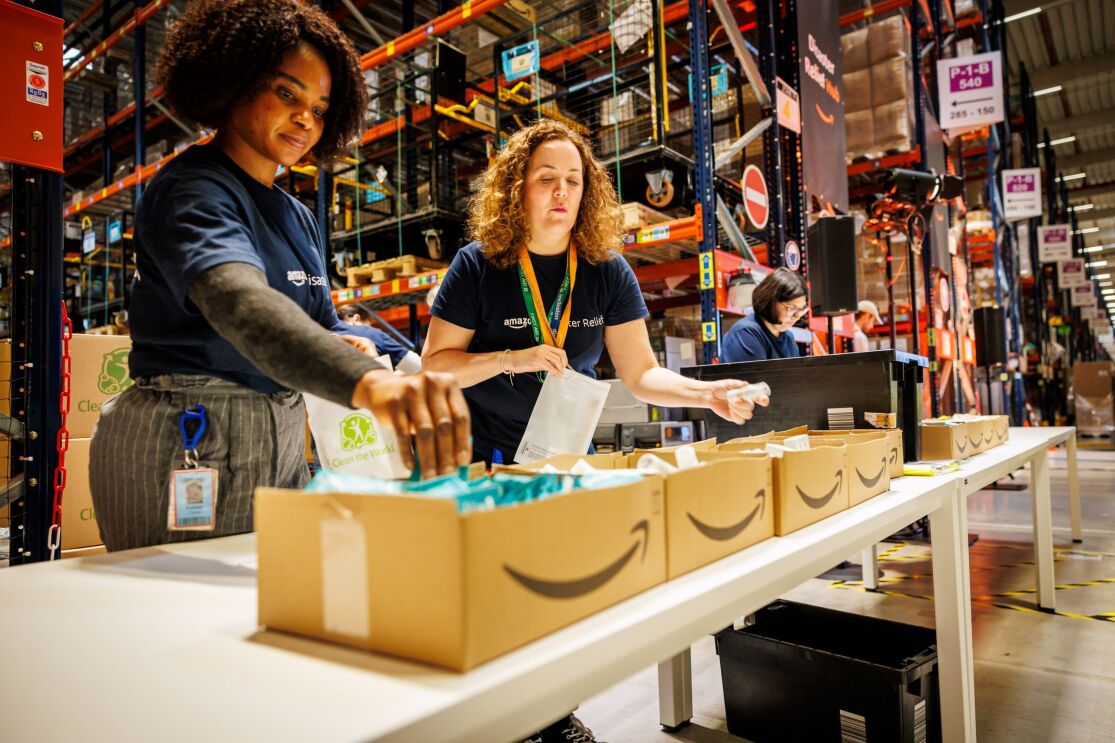Between 2006 and 2010, half a million people volunteered to provide detailed information about their lifestyle, genetics and health records to UK Biobank, a large-scale biomedical database and research resource, as a way of making an individual contribution to scientific research. “I thought it was an opportunity to help. Simple as that,” says Andrew Trehearne, a participant from Oxford. “I did it to help provide answers for future generations.” None of the volunteers could have predicted that, more than a decade later, their data would play a role in the fight against a global pandemic.
Today, UK Biobank is a precious biomedical resource for the global scientific research community. Its database, which includes blood samples, heart and brain scans and genetic information from approximately 500,000 participants, is being accessed by more than 20,000 registered researchers around the world who are undertaking health-related projects in the public interest. In February 2021, UK Biobank kicked off a new study focused on the long-term health effects of COVID-19, also known as Long COVID.
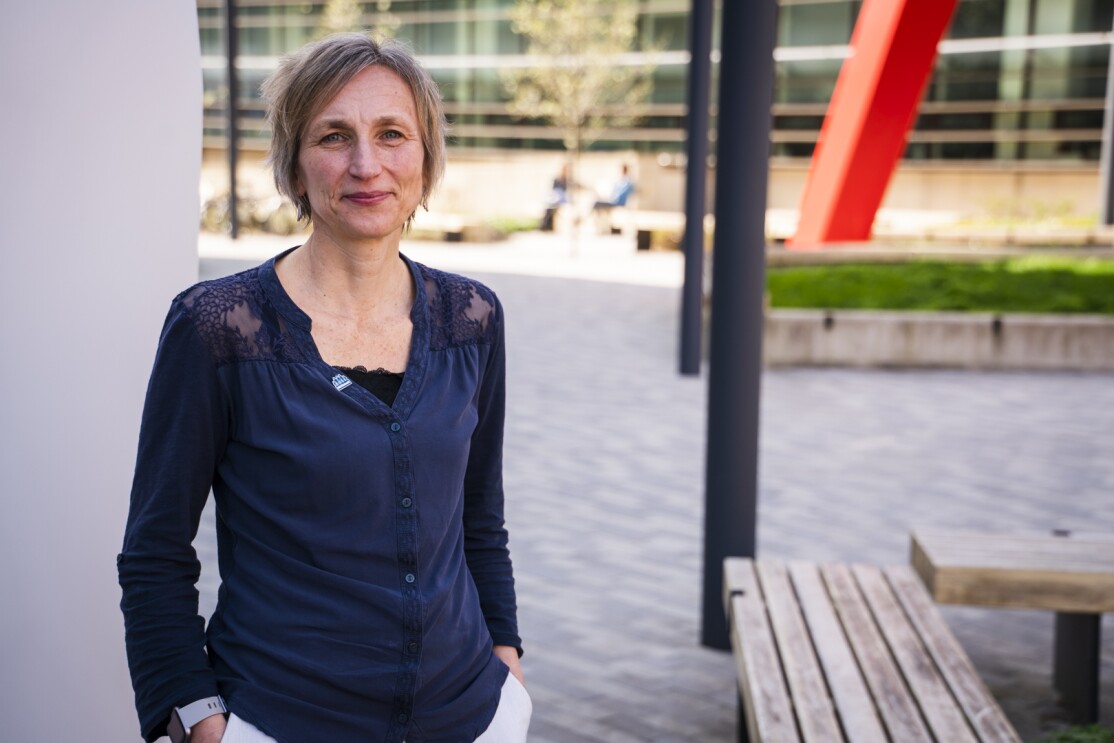 Naomi Allen
Naomi AllenA systemic disease
“Much is known about the short-term effects of this virus, but very little is known about its longer-term impact,” says Professor Naomi Allen, Chief Scientist at UK Biobank. “When the pandemic started, experts in the field understood that SARS-CoV-2 was -a respiratory virus, and that COVID-19 was a largely respiratory disease. However, there is now emerging evidence that this virus has systemic effects, causing inflammation across many organs of the body. What we want to do is enable robust, large-scale research into the long-term health effect of SARS-CoV-2 across the full disease spectrum.”
Without Amazon’s contribution, we wouldn’t have been able to get the study off the ground
Professor Naomi Allen, Chief Scientist at UK Biobank
This can be achieved by enriching UK Biobank’s ever-growing database with new information on who has previously been infected with the virus. This is why all UK Biobank volunteers were given the opportunity to participate in the new study and take a self-administered lateral flow test to determine if they have coronavirus antibodies in their blood. To support the initiative, Amazon has offered the use of its logistics network free of charge: “Amazon have kindly donated the distribution of the testing kits to the homes of all our participants who wish to take part in the study,” Naomi explains. Over 100,000 testing kits have already been delivered, and UK Biobank expects the figure to reach over 200,000. “Without Amazon’s contribution, we wouldn’t have been able to get the study off the ground,” she says.
An opportunity to help - at your fingertips
Once the kit has been delivered, the procedure is simple: all it takes is a pin prick on a finger to collect a tiny sample of blood. The results, which become available in a matter of minutes, can then be submitted to the UK Biobank database through their participant web portal. Naomi explains that, according to UK Biobank’s projections, they expect to find that around 10% of participants will have been previously infected with the virus. Combined with the in-depth health, lifestyle and genetics information that UK Biobank has already collected, the new data will provide unique insights into the long-term health impact of the coronavirus infection. “We hope to produce the largest database in the world to enable population-based research into Long COVID and, ultimately, to improve human health,” says Naomi.
Not just something scientists do
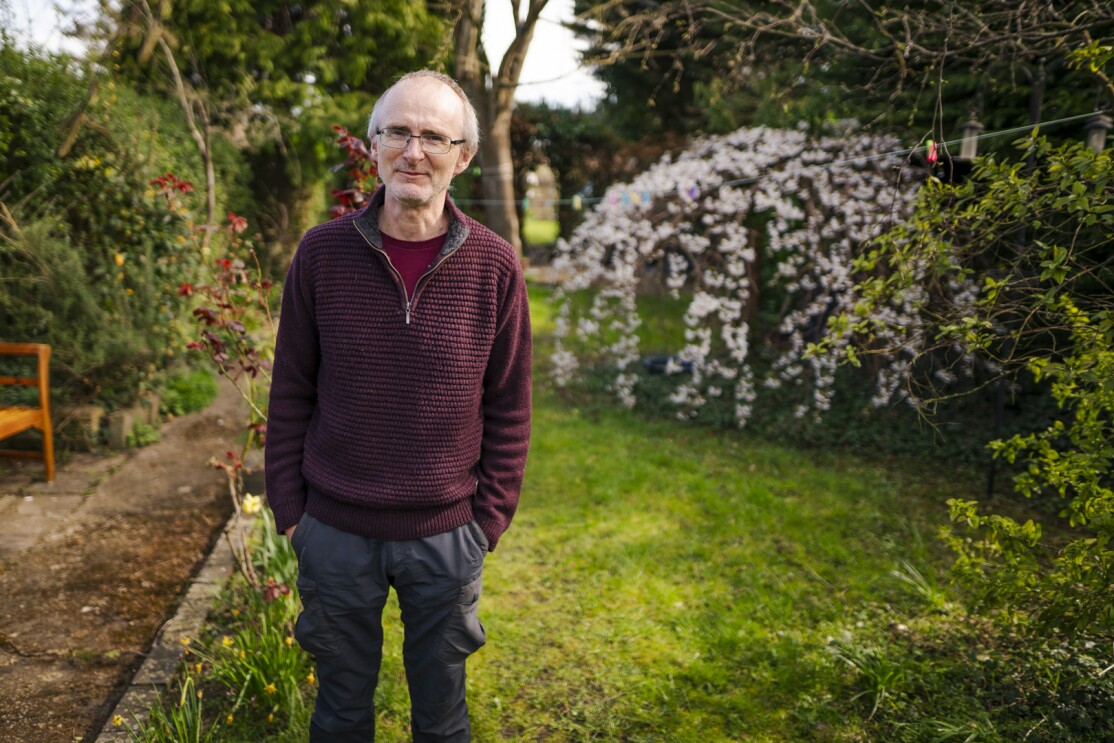 Andrew Trehearne
Andrew TrehearneWith just a few drops of blood, hundreds of thousands of volunteers can pride themselves on supporting vital medical research. “People think of science as something scientists do, but we all contribute,” Andrew says. “I’m delighted to hear that companies like Amazon are helping out, leading the way and allowing scientists to do what they need to do to help us all live COVID-free lives in the future.”
